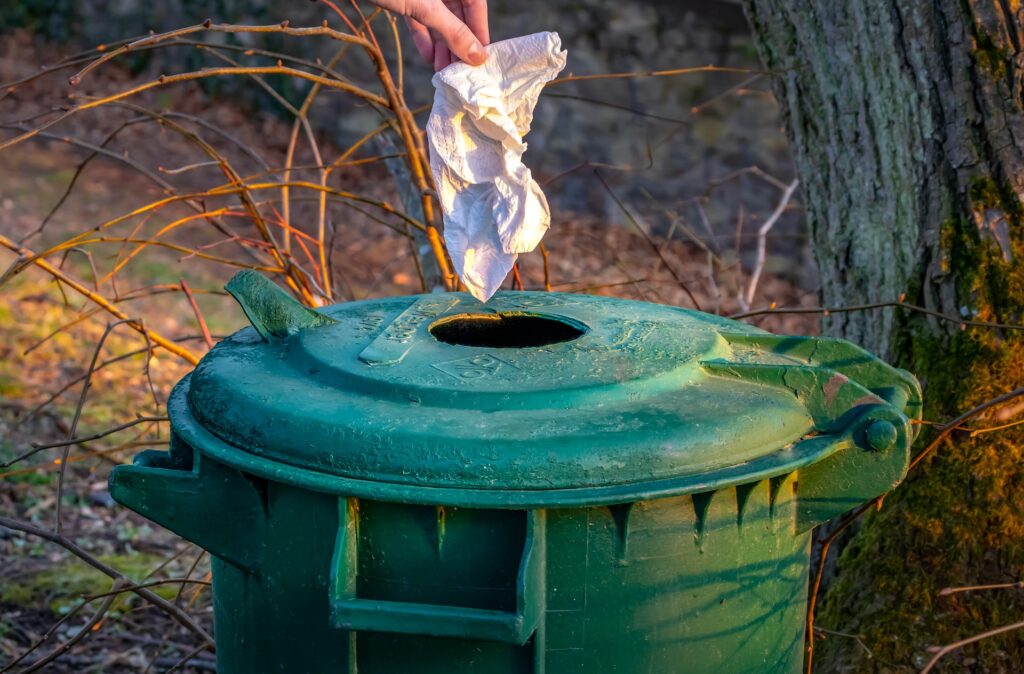Cigarette butts are the most littered item on the planet with 4.5 trillion cigarette butts polluting environment every year.
They are made of cellulose acetate and contain hundreds of toxic chemicals, including arsenic (also used in rat poisoning), lead (a poison that can affect the brain development of children) and nicotine.
While cigarette filters, or the plastic part of butts, can take up to 10 years to completely degrade, the chemicals they release can remain in the environment for many more years beyond the life of the cigarette butt itself.
Cigarette butts also cause significant harm to our water sources. It is not uncommon for field researchers to find cigarette butts inside of dead sea birds, sea turtles, fish and dolphins.
To prevent littering, smokers should consider finding designated smoking areas or carrying their own “pocket ashtrays” to collect their waste.
Links to read more about cigarette butts’ environmental effects:
https://www.who.int/news/item/31-05-2022-who-raises-alarm-on-tobacco-industry-environmental-impact
https://www.nationalgeographic.com/environment/article/cigarettes-story-of-plastic
https://www.earthday.org/tiny-but-deadly-cigarette-butts-are-the-most-commonly-polluted-plastic/



